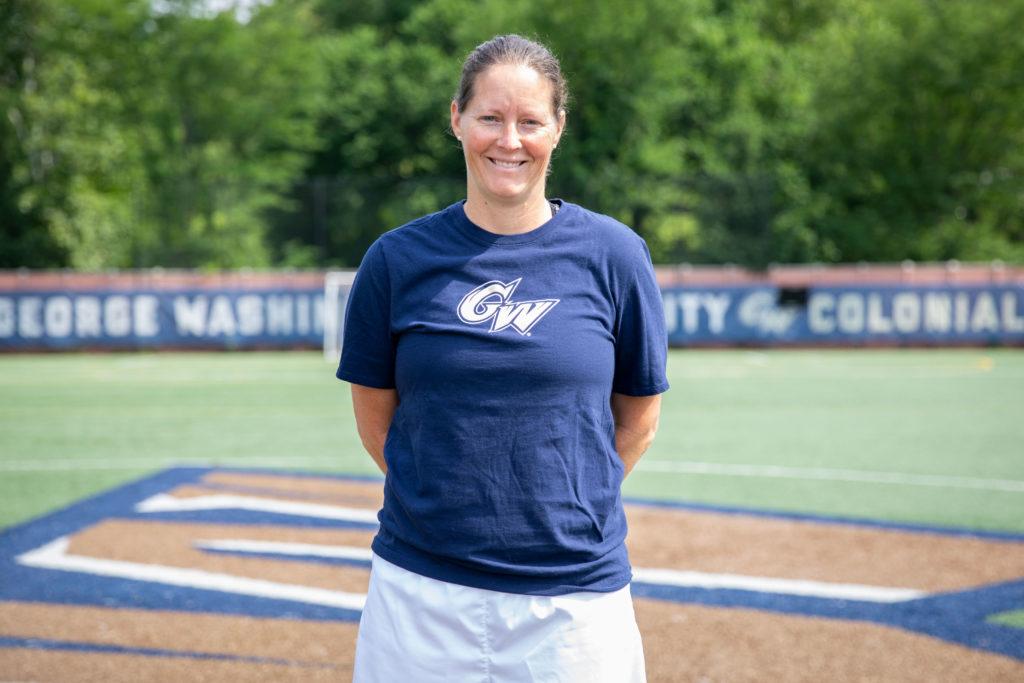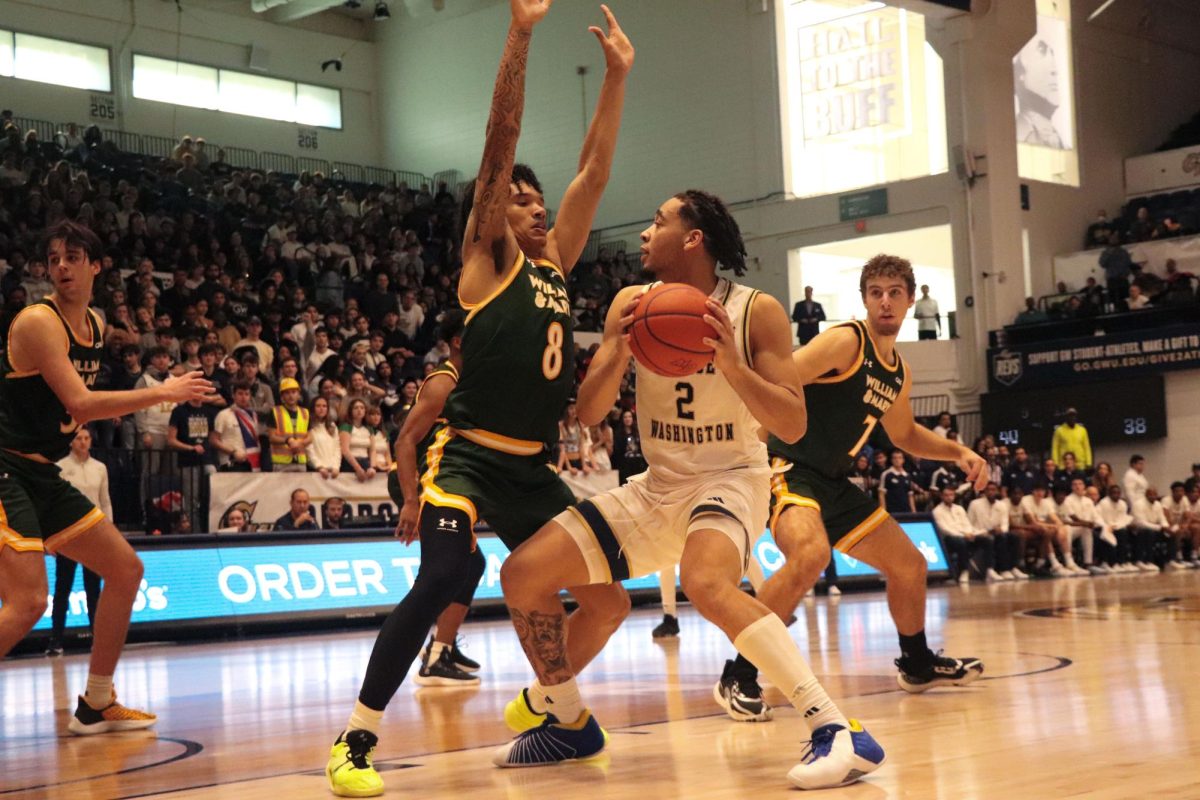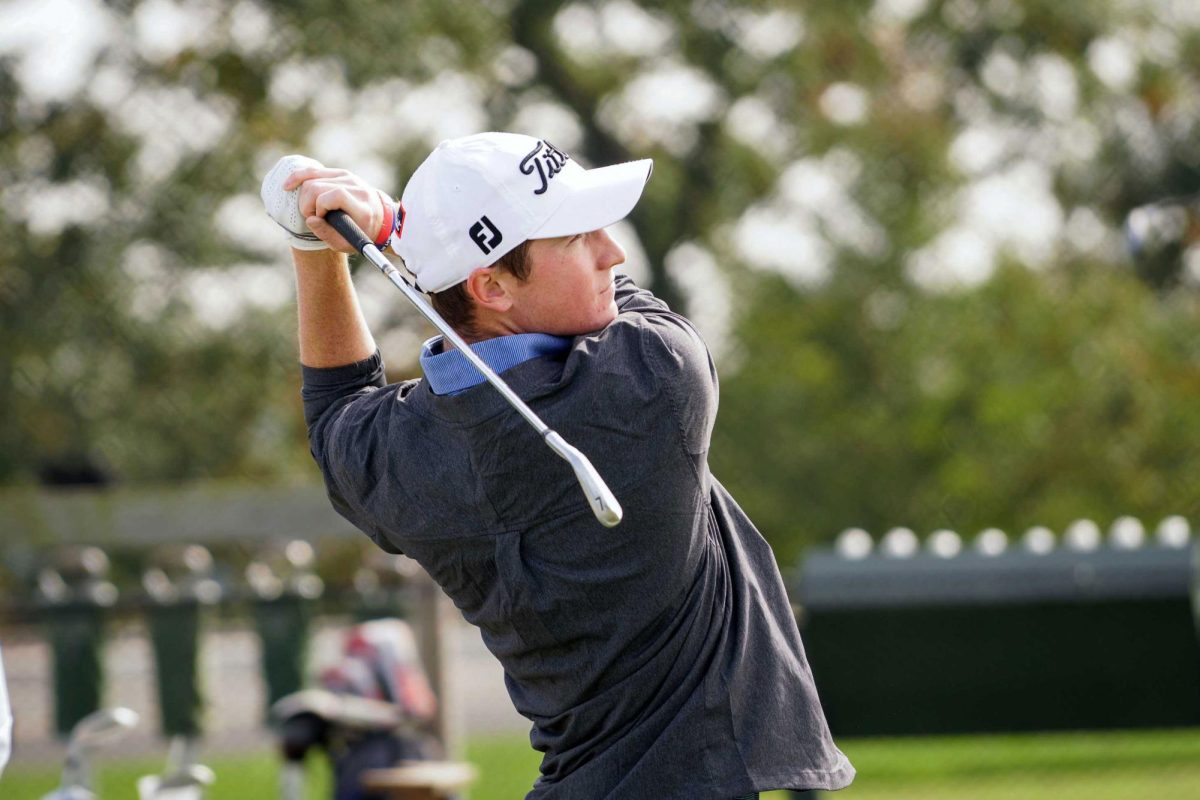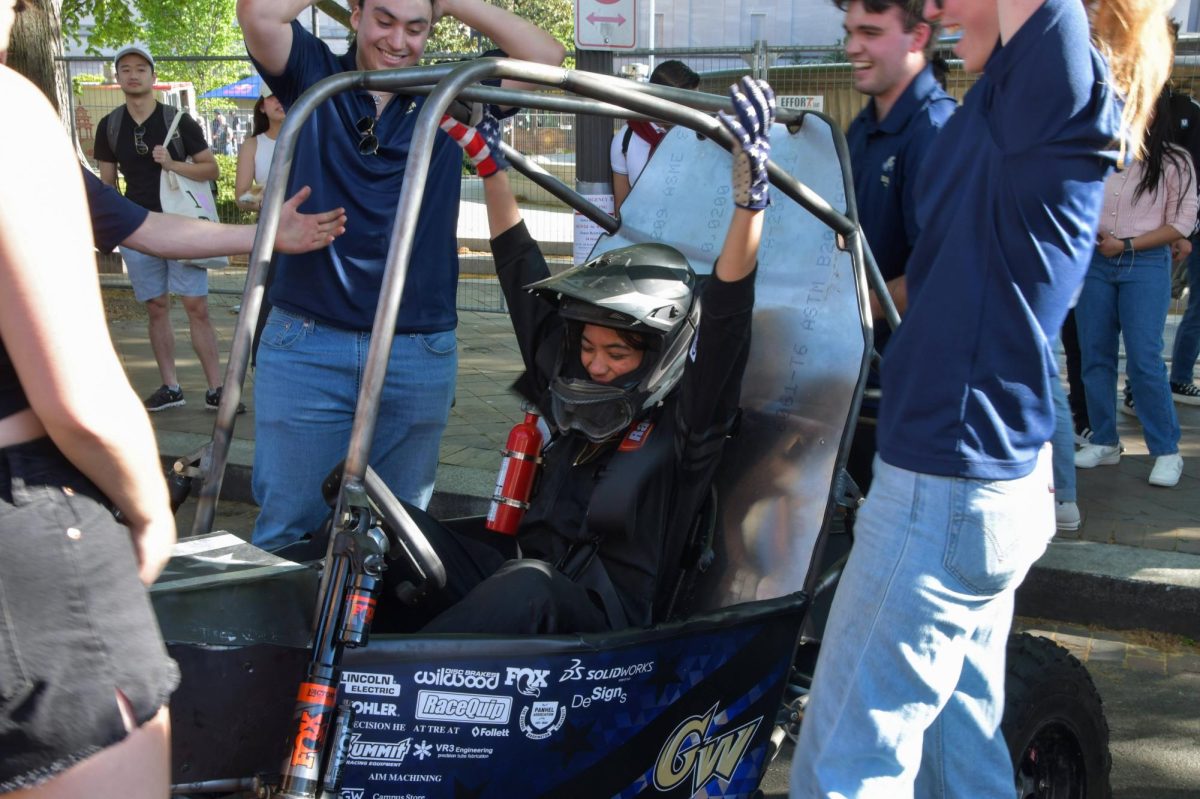As a player at Maryland from 1994-1996, women’s soccer head coach Michelle Demko said she found a home in college athletics and wanted to stay.
Demko has helmed the women’s soccer program for the past two seasons after spending 16 years coaching around collegiate soccer at Nebraska, North Carolina State and UNC Asheville. She said the three female coaches she played under at Maryland set an example of women who could achieve leadership spots in college sports.
“Since I wanted to be a college soccer coach, this had an enormous influence on me,” Demko said in an email. “Seeing these women be successful in their roles gave me great insight and excited me about my own future.”
As a female coach, she said the biggest problem she faces comes from male referees, who may not respond positively to her challenging a call, even if her tone and body language is non-threatening. She said athletic departments have more work to do to increase female representation, but women leaders are “moving the needle in the right direction.”
She added that athletic director Tanya Vogel, a former player and coach in the women’s soccer program, has set a precedent of upper-level leadership for the women’s soccer program.
“She’s a strong core values leader with a real passion for people,” Demko said. “I believe she makes our department better for everyone in it. Being a former student-athlete, she understands the demands they are under and can engage in positive dialogue to help them navigate their way while at GW.”
Demko opened her collegiate career at Barry University, leading her team to a 1992 Division II national championship and being named to the NCAA All-Tournament team. After two seasons, she moved onto Maryland, where she earned All-Atlantic Coast Conference honors, was a two-time captain and a team MVP.
After graduating with a degree in science kinesiology, Demko travelled abroad to Germany, where she started for three clubs over three years. After her stint in Germany, Demko returned to the U.S. to play for the Philadelphia Charge of the Women’s United Soccer Association.
She said the league made women’s soccer visible in the U.S. and allowed young girls to see role models of women pursuing professional soccer.
“It was an incredible experience to be part of a league and become role models for young girls who also had dreams of being a professional soccer player,” Demko said. “We were encouraged and praised for displaying our competitive nature…and people had a positive response to all of it.”
Demko served as a coach for U.S. Soccer in 2011, 2012 and 2013. She said coaching on the international stage holds coaches accountable because they cannot rest on their laurels and allow players’ talent to win games.
“You have to have a plan, communicate well, be organized, think of how things could potentially break down,” Demko said. “Players in general want to know the ‘why’ so you need to be able to articulate that. There is such attention to detail at that level, success hinges on it.”
After serving as an assistant for six years, Demko made the leap into head coaching, earning a spot at UNC Asheville. She led 10 players to 14 total Big South All-Conference honors in her eight seasons with the program.
She made the move to GW in 2018 and led the program to its first Atlantic 10 Championship final in 22 years. The runner-up squad recorded just one loss in A-10 regular season play.
As a coach, Demko said she encourages her athletes to seek failure because it leads to personal growth. She added that she shouts out her players’ success, rather than shaming them for their mistakes to encourage growth.
“My competitive mentality is incredibly high but I firmly believe you can be a very successful coach without having to yell or shame people for their mistakes,” Demko said. “I would rather find the good aspects and shout them out loud for others to hear.”








